|
If you know who created this, please tell us so we can give proper credit. Meanwhile, enjoy.
0 Comments
The Anti-Mormon Fallacy: |
| • A religious tract advocating fair and equitable treatment of Mormons but calling into question the church’s doctrines. • An accurate historical account of the Mormon Church’s having barred black Africans and their descendants from its priesthood until 1978. • An accurate tally of the church’s retail and real estate holdings. • A list of edits to Mormon scripture. • Pointing out a false, misleading, or inaccurate statement made by any Mormon leader. • Disaffected Mormons who talk about their disaffection. • Literature not directed at the church but which may pose challenges to its teachings. Some would describe as anti-Mormon Darwin’s On the Origin of Species, Stephen Hawking’s A Brief History of Time, and even Neil deGrasse Tyson’s Cosmos. • Some Mormons apply the A-term to Rough Stone Rolling, Mormon scholar Richard Bushman’s openly apologetic, implicitly church-endorsed biography of founder Joseph Smith, because in his efforts to mitigate Smith’s warts, Bushman admits them. • This post. |
An explicit or implicit “anti” is one way that movements that appear prima facie questionable to the rest of us retain otherwise intelligent adherents. Not just religions resort to it. The likes of Landmark Education, Impact Training, Mary Kay Cosmetics, Tony Robbins, “alternative” medicine adherents, GMO opponents, natural and organic food movements, vaccination opponents, and others all depend for survival and growth on one form or another of suggested, and then self-policed, information control.
A best defense? We suggest one in the closing words of “It’s Not About the Sex” My Ass: “Whenever you find your emotions pulling you toward believing the opposite of what the evidence says, overrule your emotions and trust the evidence. There is no better way to spare yourself the pain of needless, unfortunate decisions.”
From
“What a clever writer
and enjoyable read”
to
“NOT FUNNY”
Not without difficulty, today we resist the
urge to publish only positive reviews
Do not be too impressed. Said scathing review comprises all of its two words.
Besides, it is not lost on us that sharing negative reviews lends credence to the positive ones, of which there are more than a few: Tom Flynn’s and Richard Packham’s rave reviews in, respectively, Free Inquiry and Association for Mormon Letters, and 83 total reviews on Amazon (so far), of which only nine came in with but 1 or 2 stars.
Below are the past month’s reviews, arranged from newest to oldest, which by sheer coincidence (honest!), is also from most to least positive. (If you’d rather read them on Amazon.com, click here.)
I was drawn to this book by its outrageous title ... As someone who has herself written a memoir on a very serious subject, I just had to see how one could write "funny" about something sad ... Joanne Hanks had me turning pages in no time. Her opening chapter was riveting. She was laughing and I laughed with her ... She's also my kind of writer, one who doesn't waste the reader's time, padding the facts with unnecessary detail that doesn't move the story along. Not all of us have time, or even want to analyse characters. Some of us just like an absorbing, quick read that enlightens us to worlds and societies unlike those in which we live. This is what Joanne gives us in this book and she's done it all with humour. How very clever!
How refreshing to share this light-hearted view of Joanne's experience because it left a memorable impression.
In Mormonese this book was a "hoot". I laughed until tears started coming when reading about the Second Coming not really coming. They waited a couple of days after the predicted date, and then decided to go home and wait for a phone call if/when Jesus showed up because they had established a "phone tree". That's so Mormon. She gives an interesting insight into what the women get out of this kind of arrangement: a pride in being involved in a family with more wives than the family next door. A sort of "hurts so good" situation that ultimately starts to just plain old hurt. Funny and informative. A little more depth would have been great.
You decide ...
As someone on the outside looking in, I am strangely fascinated by any sort of cult-like mini-society, and the closest I have gotten to experiencing that sort of life, is by reading about others' first-hand experiences.
The positives about Ms. Hanks' book have been listed by numerous other reviewers: it is mostly funny, it is an easy read, it is an uncommon take on a story similar to which other authors had told before her.
However... While it certainly stands out when it comes to pure entertainment value, if you're — like I am — on the outside looking in, and crave some sort of insight into how and why someone ends up completely engulfed by a cult, and what it really is that finally makes them get away, you will get little - if any - of that from Ms. Hanks' book. To me, it seems like one day she and her husband were suddenly in a cult, fully embracing all the craziness, and later, they were suddenly out, done with not only the cult, but religion as well, altogether.
If you're looking for a fun read on the subject of polygamy and/or cults, I believe you will love this book. If you're looking to try and understand what had led Ms. Hanks to join and, later, quit the cult, you will be left without answers.
didn’t much care for our book ...
NOT FUNNY.
Amazon reader reviews
Audible listener reviews
iBooks reader reviews
B&N/Nook reader reviews
Archives
December 2017
October 2017
September 2017
July 2017
June 2017
May 2017
April 2017
March 2017
January 2017
December 2016
November 2016
October 2016
September 2016
August 2016
July 2016
June 2016
April 2016
March 2016
February 2016
January 2016
December 2015
November 2015
October 2015
September 2015
August 2015
July 2015
June 2015
May 2015
April 2015
March 2015
February 2015
January 2015
December 2014
November 2014
October 2014
September 2014
July 2014
June 2014
May 2014
April 2014
March 2014
February 2014
January 2014
December 2013
November 2013
October 2013
September 2013
August 2013
July 2013
June 2013
May 2013
April 2013
March 2013
February 2013
January 2013
December 2012
November 2012
October 2012
September 2012
August 2012
July 2012
June 2012
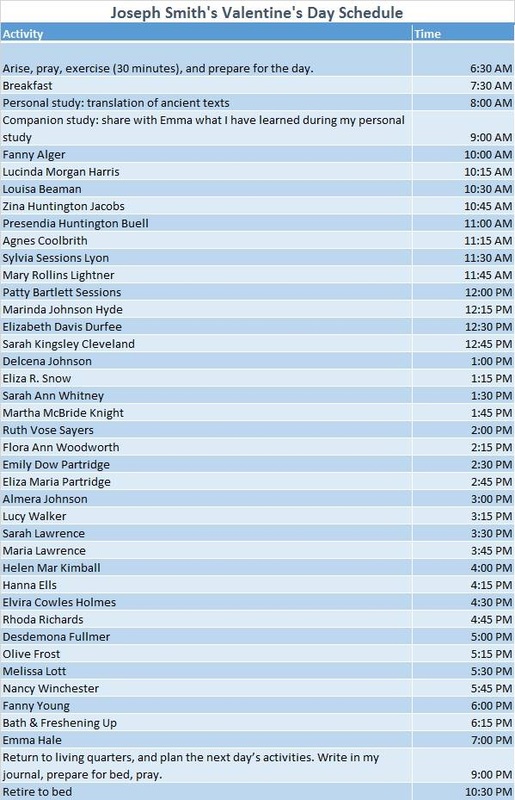
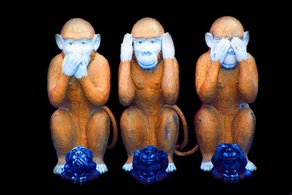
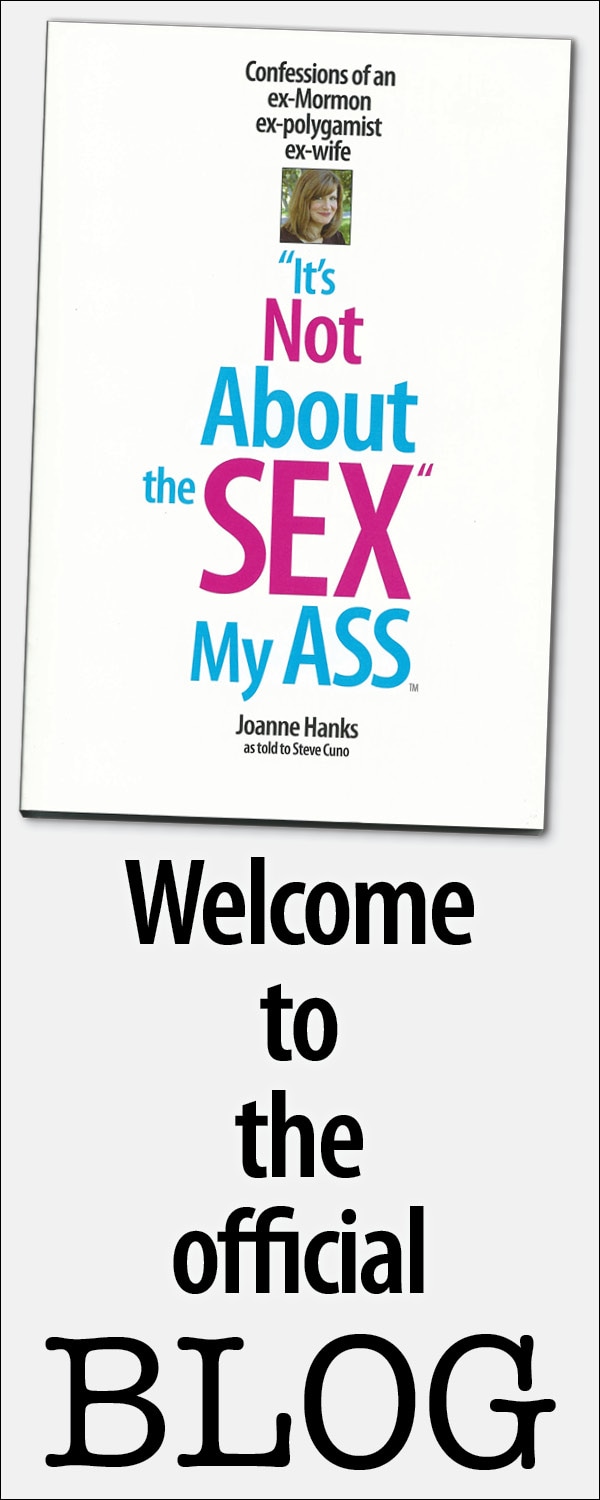

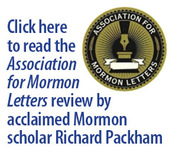

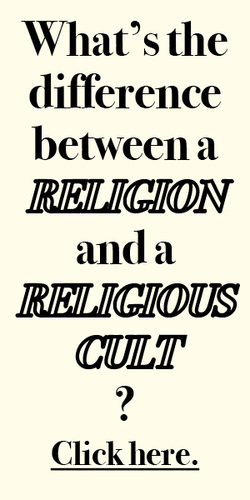
 RSS Feed
RSS Feed